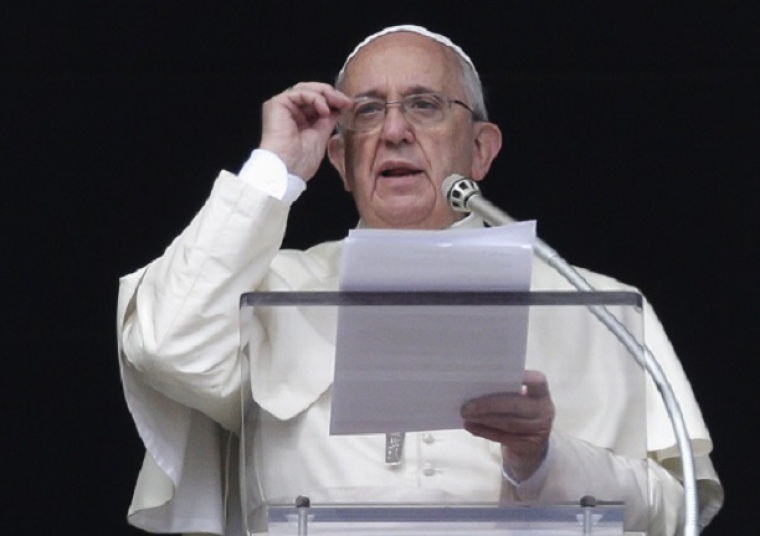Pope Francis prays at mosque, condemns Islamic terrorism in Turkey

ISTANBUL (Christian Examiner) -- Pope Francis pushed for religious freedom and better Christian-Muslim relations on his three-day trip to Turkey, according to reports. The pontiff met with various political and spiritual leaders, prayed at the illustrious Blue Mosque, and defended Islam while condemning terrorism.
Francis made the trip to the Blue Mosque and Hagia Sophia Saturday. The Blue Mosque, also known at the Sultan Ahmet Mosque, is revered by Muslims as a symbol of their faith, and the head of the Catholic Church made the gesture of facing the direction of Mecca and bowed his head for a long prayer, according to reports.
He also met with the Turkey's President Recep Tayyip Erdogan Friday. The pope said he wanted to stimulate more Christian-Muslim dialogue with the leader, especially regarding Islamic extremists like ISIS and their acts of terror.
"I told the president that it would be beautiful if all Islamic leaders, whether they are political, religious or academic leaders, would speak out clearly and condemn this, because this would help the majority of Muslim people," Francis told reporters aboard his plane as he left Turkey. "But this must come from the mouths of their leaders, from religious leaders, academic leaders, intellectuals and political leaders."
The pontiff called for "a global condemnation (of terrorism), including from Muslims, who have their own identity and say 'we are not that, the Koran is not that.'"
The pope also met with Ecumenical Patriarch Bartholomew I, head of the Eastern Orthodox Church, about the dire situation of Christians in the Middle East. In Turkey, for example, the 99 percent Muslim population enjoys more rights than the Christian population, and in Egypt, Coptic Christians have been publicly attacked and killed.
"We are united in the desire for peace and stability and in the will to promote the resolution of conflicts through dialogue and reconciliation," they said in a joint common declaration. "We call on all those who bear responsibility for the destiny of peoples to deepen their commitment to suffering communities, and to enable them, including the Christian ones, to remain in their native land.
"We cannot resign ourselves to a Middle East without Christians, who have professed the name of Jesus there for two thousand years," they added.